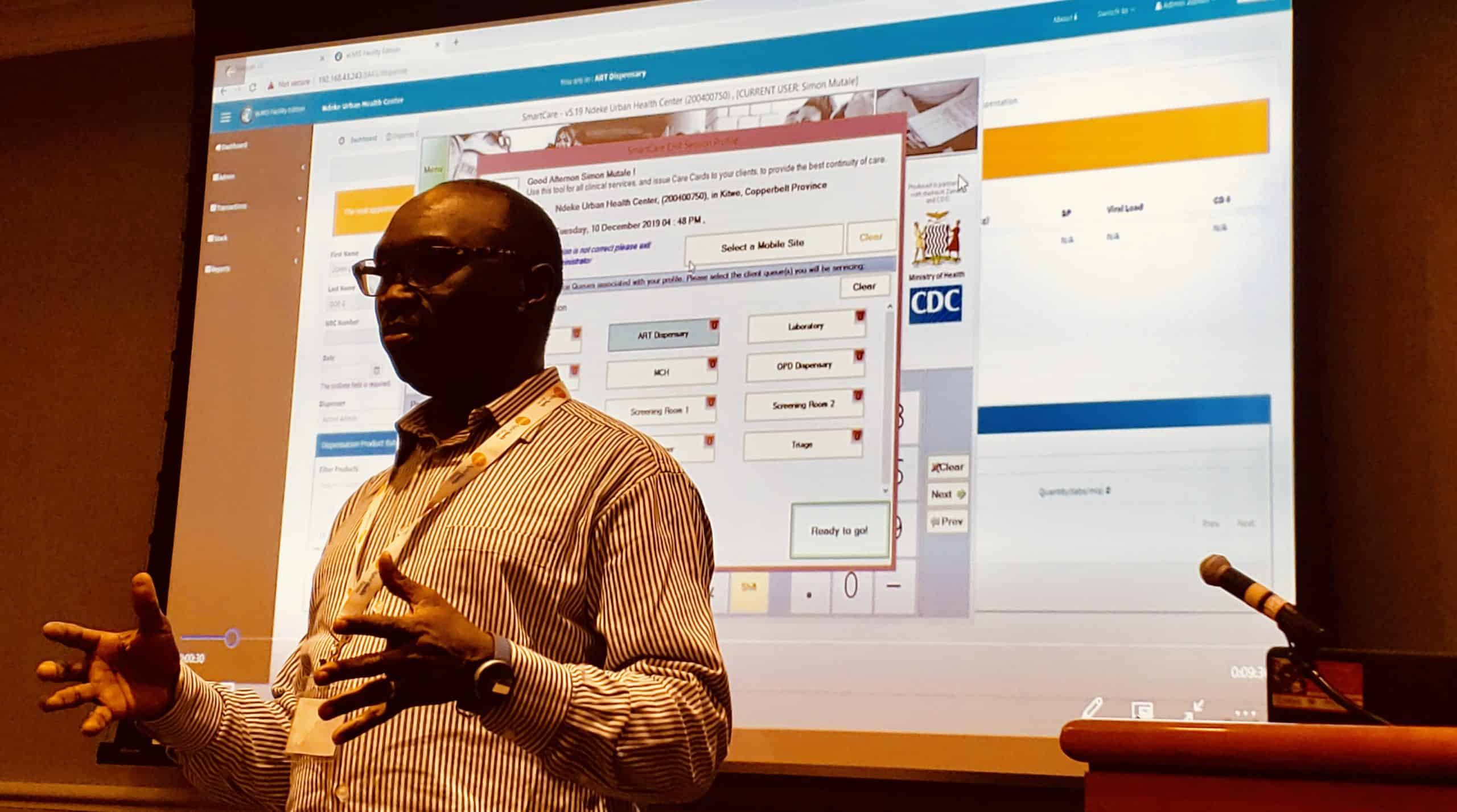JSI has contributed significantly to strengthening Burundi’s health information system (HIS), particularly in HIV, malaria, reproductive health, and immunization. We work hand-in-hand with Burundi’s Ministry of Health (MOH) to support national, provincial, commune, and community interventions.
Strengthening Malaria and HIV Information Systems
The Country Health Information Systems and Data Use (CHISU) program, USAID’s flagship data and information system project, is playing a crucial role in Burundi. It is helping the country strengthen malaria surveillance, monitoring, and evaluation (SME), routine health information systems, and data quality review and analysis. The program is also enhancing data, technology, and HIS to support HIV activities, thereby improving the availability and use of malaria and HIV data for decision-making.
Through the Data for Implementation (Data.FI) project, JSI collaborates with the MOH, the USAID Mission in Burundi, and PEPFAR clinical implementing partners to 1) improve systems for collecting and reporting data, 2) enhance HIV data quality and 3) promote its use for improved decision-making and program planning within the public health system. The project also supports HIS and data governance and increases coordination within the HIS ecosystem.
Creating an Integrated HIS
Through MEASURE Evaluation Phase IV, JSI collaborated with the MOH to improve the monitoring and evaluation capacity of staff at the National HIV/AIDS and Malaria Control Programs. We helped create an integrated HIS, improved data quality management, and updated software and standard operating procedures. This strengthened the data collection system, integrating HIV, malaria, reproductive health and family planning, tuberculosis, and community-based health data. The regional HIS platform is now strong enough to manage information for the entire health sector.
Supporting Reproductive Health and Routine Vaccination
JSI began working in Burundi in the late 1980s, implementing two major USAID-funded projects: Family Planning Logistics Management, which increased access to essential family planning services for rural populations, and Resources for Child Health, which improved services surrounding care for acute respiratory infection and routine vaccination for young children.





